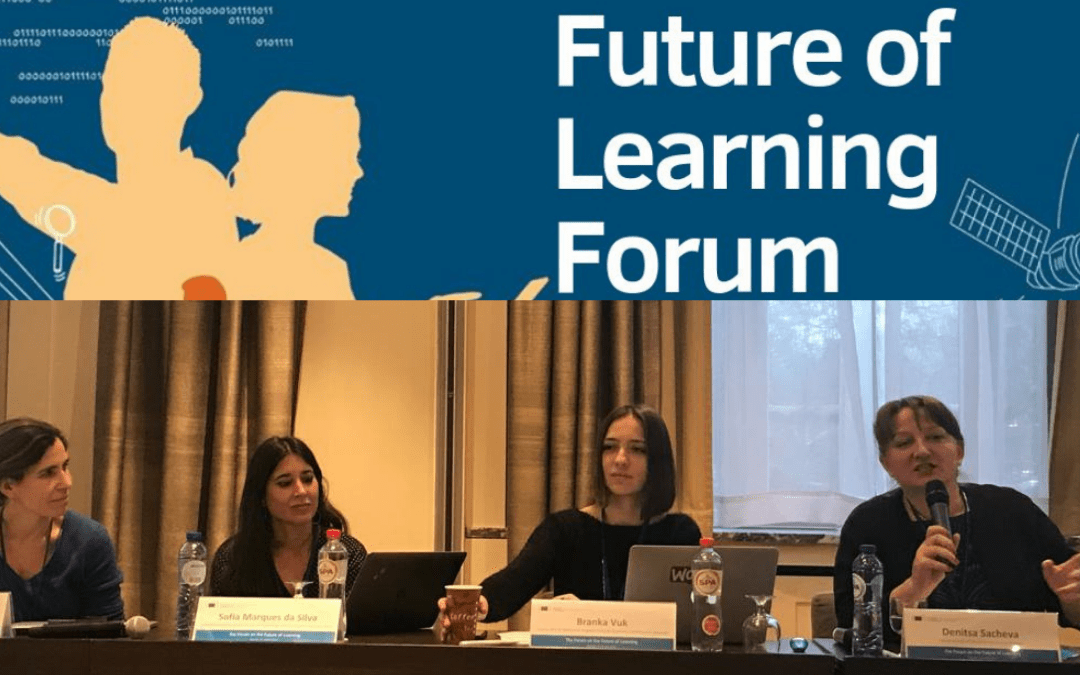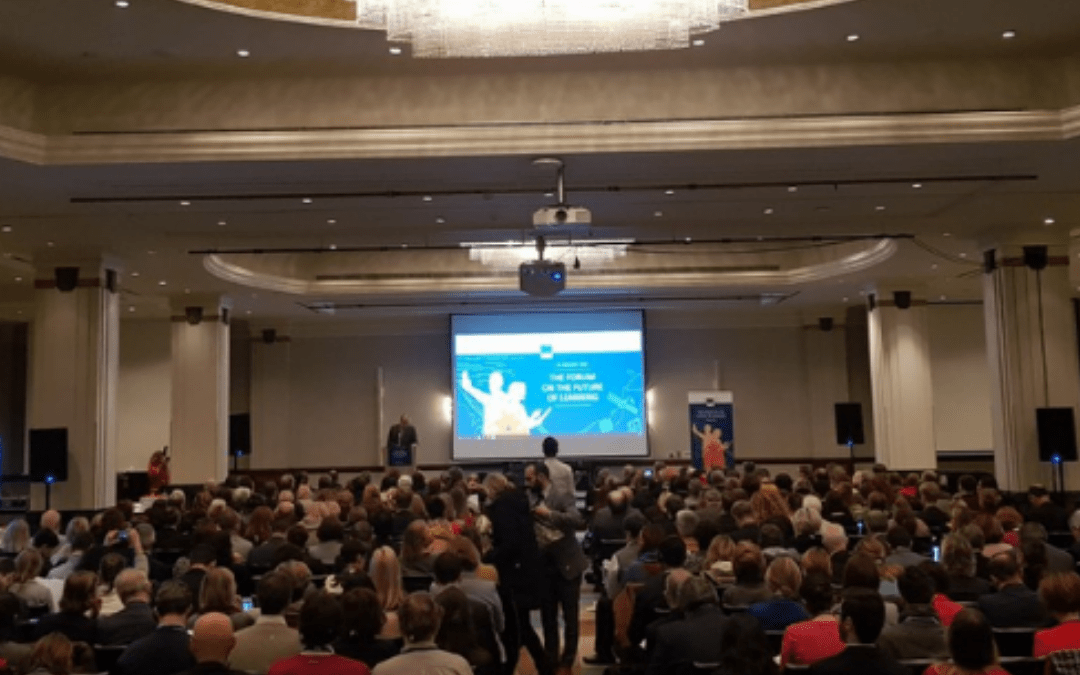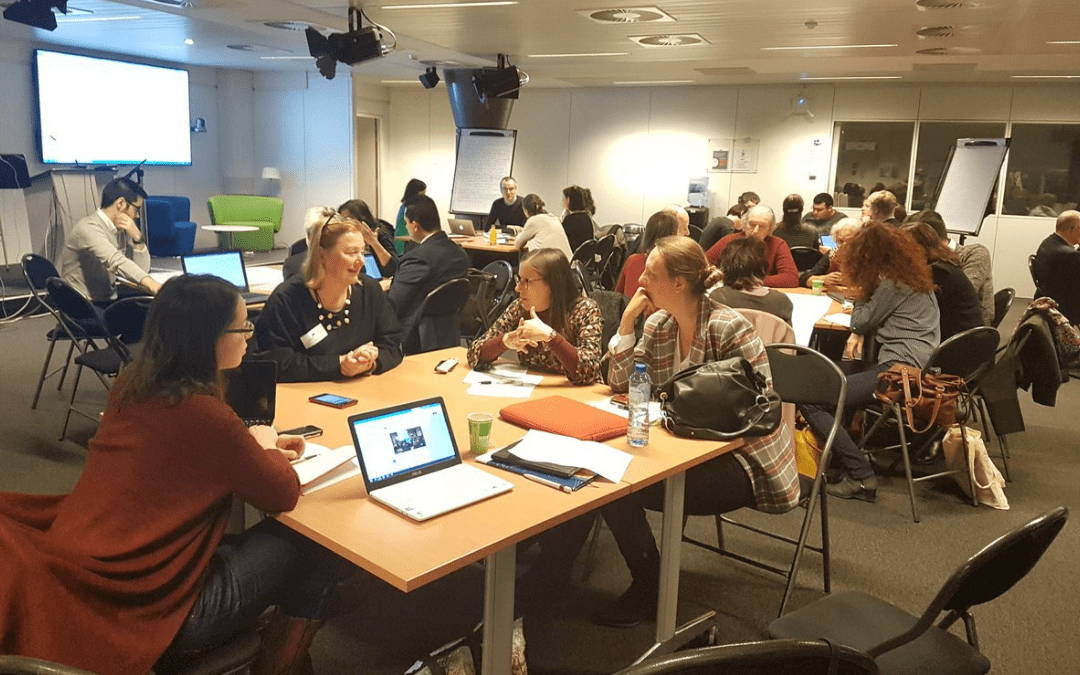The European Commission convened a Forum on the Future of Learning
The event, somewhat reminiscent of last year’s First European Education Summit, was organised on 24 January in Brussels, on the first International Day of Education. The latter was announced last year by the United Nations General Assembly, as recognition of the significance of education and to support Sustainable Development Goals (Agenda 2030). It is worthwhile mentioning that the fourth of the 17 goals concerns a quality education and lifelong learning for all.
The Forum on the Future of Learning (hereinafter: Forum) is an integral part of the consultation process of the European Commission in the finishing phases of the Education and Training 2020 programme. The Commission, along with the member states and selected experts, are currently striving to define:
- the most important social trends and possible reactions to them, with European collaboration in the area of education and
- strategic objectives of this European collaboration by 2030, and the priority areas.
An important stakeholder in this process is also the European education and training expert panel. The 18-member group, including a representative from Slovenia, Dr Eva Klemenčič of the Educational Research Institute, has spent the time between October 2018 and January 2019 considering and preparing written materials for the Forum on six topics: digitalisation of society, demographics, inclusion and citizenship, environmental concerns, technological changes, and the future of work, investments, reforms and governance.
Additionally, discussions took place in the plenary part of the Forum and work groups – all with the intention to strengthen the Panel’s views and illuminate them from new angles.
I wrote more on the topic of digital transformation of society in the EPALE platform. Here I would only like to emphasise the basic finding that prioritising education should be strategic for the development of digital skills (also) in the new decade. Lifelong learning and education should be central to these efforts. Below, I will outline short summaries of the viewpoints regarding the other five themes/trends.
Demographics (ageing society and migration) is a complex phenomenon, which is why the approach to forming suitable policies should be equally complex. Adult involvement in education is not researched enough, and the data is often unreliable. Most statistics do not show data for people over 65, which is a growing target group. Intergenerational learning and establishing learning societies are also proving to be efficient ways of eliminating obstacles that immigrants face, while lifelong learning is emerging as the only right way to face demographic challenges.
Increased social inclusion and active citizenship in the future is an important part of equal access to a high-quality education system that encourages respect of mutual values, as well as common differences. Educators have the opportunity to play a crucial role in this, but only in close cooperation with the parents, learners, and other stakeholders. Interconnectivity, a holistic and open approach is key to the forming of inclusive communities, with schools (and other educational centres) playing a crucial role.
Environmental concerns are based on three pillars (environmental, economic, and social), concerning individuals and their mutual relationships. The main role of the education system is to raise awareness for a sustainable way of life, and to empower people to take responsibility for the environment. Once again, it is about values and mutual respect, acknowledging diversity and everything the current and future generations have in common … Developing these skills is important for us educators, so that we can teach them, as well as for all other individuals throughout their entire lives. What we need are different teaching methods that would promote greater understanding of the effects of our (ir)responsible treatment of the environment. Formal, non-formal, and informal learning should be aimed at benefiting all of that!
The aforementioned demographic trends are among the things that will most affect the future of work, in addition to technological changes. What we need are new skills that need to be consistently upgraded, which means that learning needs to be a lifelong process and that adult education needs to be sufficiently supported. Predicting new skills and knowledge is crucial, but the development of entrepreneurial spirit and greater creativity remains a constant challenge. The participation of stakeholders – the educators, employers, social partners, etc. – is a reliable key to success. They should all be a part of an ecosystem based on integration and flexibility. And our children should be raised in the spirit of lifelong learning from their earliest years.
Investments, reforms, and management – all for a higher quality and more fairness in the education system! The quality is based on the teachers and other educators, which is why it is necessary to invest in their continuous development. That is what will encourage them to undertake new roles in the aforementioned challenges and circumstances. These will bring a new structure of participants and open opportunities for different partnerships with the environment. Management models should support the necessary changes. There should be new opportunities in shaping reforms related to the progress of technology, innovative approaches to financing, needs to tailor educational models to global and local circumstances and other challenges.
I already mentioned the feeling that there are obvious paradigmatic shifts on the European level in the perception of the role of adult education and lifelong learning in the article on my experience at the European Vocational Skills Week 2018. In a way, this is also indicated in the use of the word ‘learning’ in the title of the Forum, which I interpret as proof of a new, wider viewpoint (‘lifelong’ and ‘lifewide’). A similar notion results from the above, as well as from the presentations and discussions at the Forum. More and more of us believe that learning in the period after completing initial formal education is imperative and virtually the panacea for the serious challenges we will face in the future. However, it (lifelong learning) should stem from curiosity, sincere need, and respect for great wisdom and eternal values!
Zvonka Pangerc Pahernik, MSc (zvonka.pangerc@acs.si), SIAE





